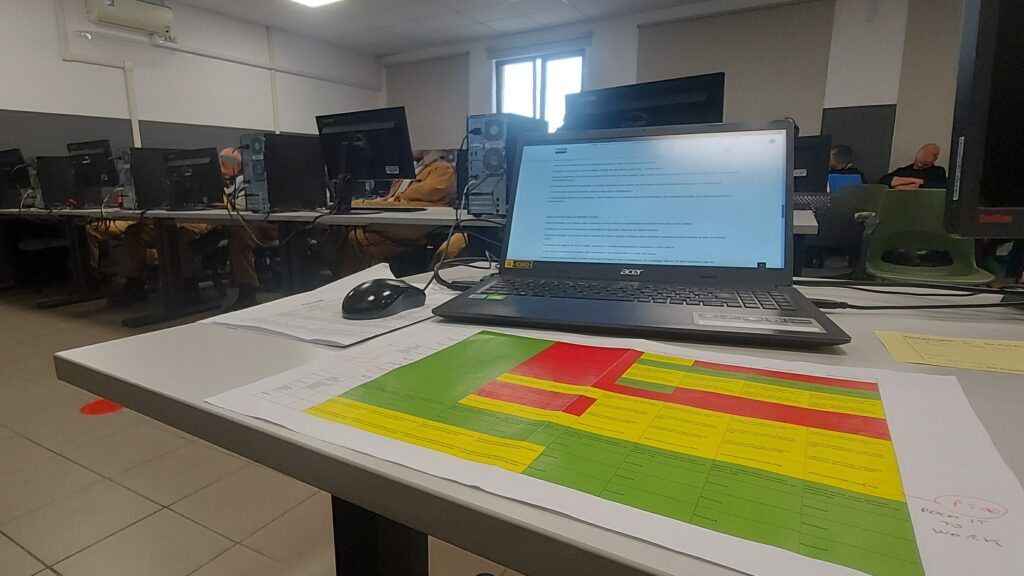MES is ready in delivering comprehensive training courses focused on the use of gases and LNG on gas-powered ships. Our programs are designed to familiarize ship personnel (Shipowner and Shipyard personnel) with the intricacies of handling and managing LNG, ensuring safe and efficient operations. Whether you are new to LNG or seeking to deepen your expertise, our courses offer tailored content that covers everything from basic principles to advanced and deeper training focused on the specific ship system, to familiarize with the equipment that will have to be managed during operation.
A discussion with the Client to understand the needs will help to tailor the Training Courses:
1. Course Structure: Define the number of participants (shipowner surveyors or shipyard personnel), the expected duration (e.g., an intensive two-day course or a full 40-hour week), and whether the course will be conducted in a single session or multiple sessions spread over time.
2. Training Location: Decide whether the course will be held at MES facility (Italy – Trieste), the client’s site in Italy or abroad, or at their legal headquarters/branch, considering costs and logistics.
3. Course Language and Materials: Determine if the course will be delivered in Italian, English, or a combination of both, with corresponding materials in both languages.
4. Depth and Customization: Assess with the client the level of detail required, including a general overview of gases with a focus on LNG, ship-specific issues and system descriptions, and safety topics. The training will include specific sessions on the systems installed on the client’s ship, tailoring the course to cover in-depth aspects of the ship and its equipment.
5. Simulation and Virtual Reality: Optionally, implement simulation software for the ship’s system to train crews on gas usage, including bunkering procedures, boil-off gas (BOG) management, and drydock operations (emptying the tanks, inerting, venting and aeration; gassing-up and bunkering). Additionally, provide 3D virtual reality exercises to simulate emergency scenarios and familiarize users with associated risks in a safe environment, Hi4Training.


